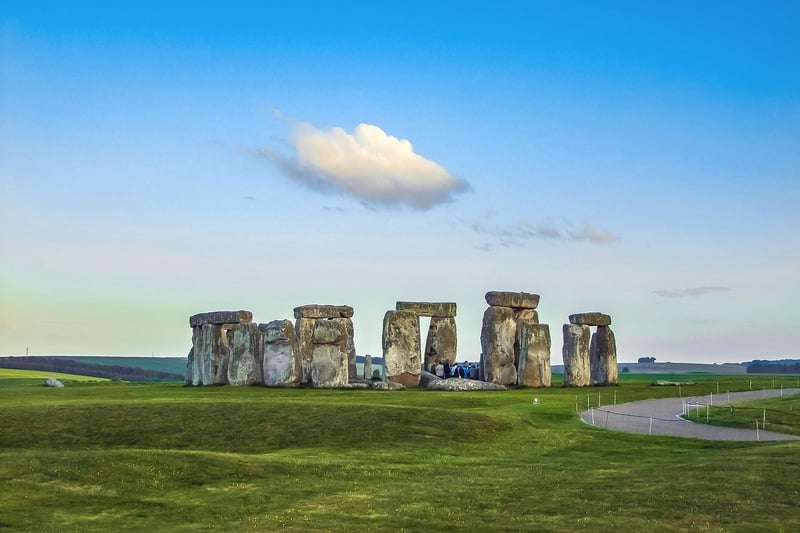Future Exploration
Exploring Different Eras and Future Exploration
Introduction
Exploring different eras allows us to delve into the past and understand how societies, cultures, and technologies have evolved over time. Additionally, contemplating future exploration opens up a world of possibilities and challenges that lie ahead.
Ancient Era
In the ancient era, civilizations like the Egyptians, Greeks, Romans, and Mayans thrived. Their remarkable achievements in architecture, art, science, and governance continue to fascinate us today. Exploring this era through archaeological findings provides insights into ancient customs and beliefs.
Medieval Era
The medieval era saw the rise of knights, castles, and feudalism. This period was marked by significant developments in art, literature, and philosophy. Exploring medieval manuscripts and artifacts helps us understand the complexities of this time.
Industrial Revolution
The industrial revolution transformed societies with the advent of machinery, factories, and urbanization. This era paved the way for modern industrial economies. Exploring this period sheds light on the impact of technological advancements on society.
Modern Era
The modern era is characterized by rapid globalization, digital innovation, and interconnectedness. Exploring this era involves examining recent historical events, cultural shifts, and technological breakthroughs that have shaped the world we live in today.
Future Exploration
Future exploration encompasses space exploration, technological advancements, environmental sustainability, and societal progress. Scientists, engineers, and visionaries are constantly pushing the boundaries of what is possible. Exploring the future allows us to envision a world of endless possibilities and challenges.
Conclusion
By exploring different eras and contemplating future exploration, we gain a deeper understanding of where we come from and where we are headed. It is through learning from the past and looking towards the future that we can shape a better world for generations to come.


